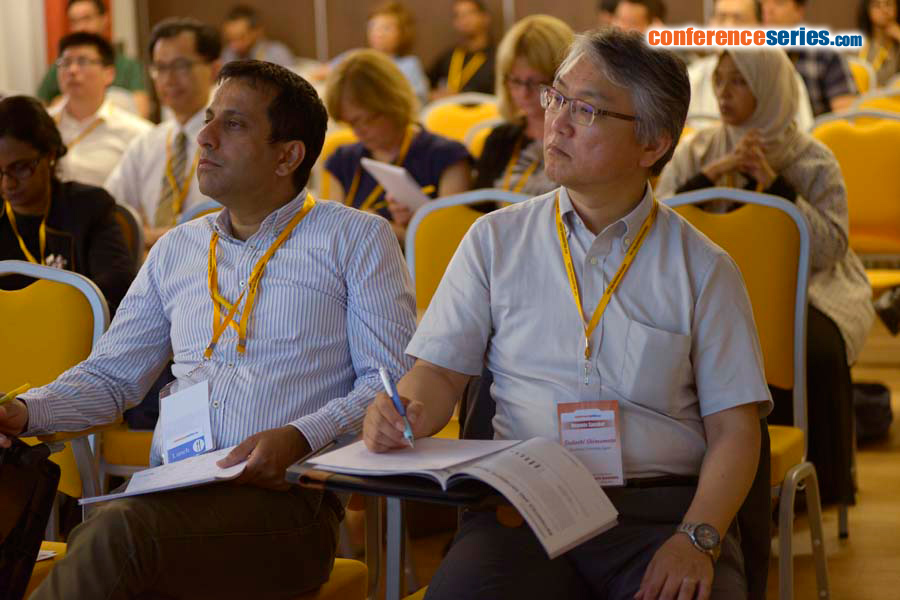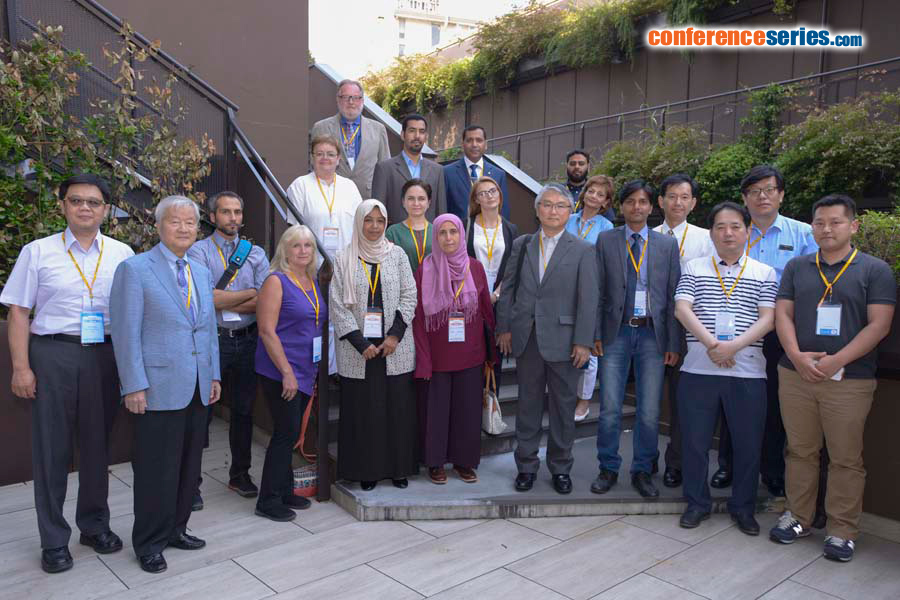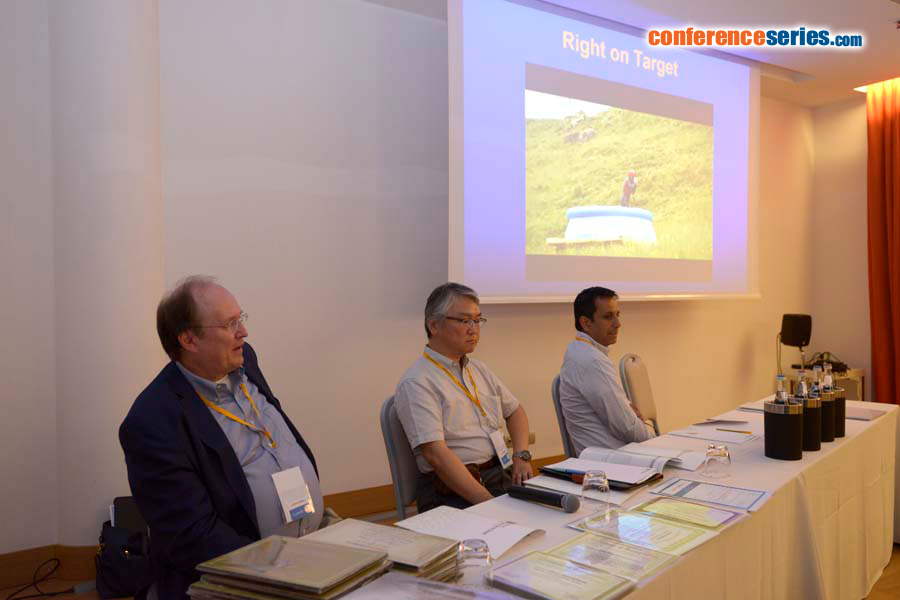
Biography
Biography: Samir Kumar-Singh
Abstract
While chemotherapeutic or immunosuppressive therapies have been considered as the therapeutic cornerstone for several clinical conditions such as cancer, autoimmune diseases and transplant rejection, these drugs are also known to increase the risk of infectious complications. While this is an important safety concern when prescribing immunosuppressive therapies to such patients, several human diseases show a natural immunosuppression that is also linked to a high risk of developing infectious complications. For instance, sepsis is one of the biggest causes of deaths in intensive care units and mortality is associated with both a hyperinflammatory cytokine-mediated disease phase and a protracted innate immune cell-driven immunosuppressive phase. Death associated with an immunosuppressive phase in sepsis, similar to HIV patients, is typically due to infectious complications with opportunistic pathogens. Similarly, in stroke patients, while a large proportion of immediate death is due to cerebral infarction and neurological complications, the most common post-stroke complication is that of infection, especially pneumonia, and which is equally responsible for the high morbidity and mortality observed in these patients. We have also recently shown that mechanical ventilation is linked with substantial innate immunosuppression and is likely linked to a high incidence of ventilator-associated pneumonia observed in these patients. This talk will address to mechanisms associated with some of these aetiologies and show how biomarker-directed research aiming to recognize early infections and preventive immune-based strategies could help to minimize the risk of infection and decrease morbidity and mortality in these aetiologies.






